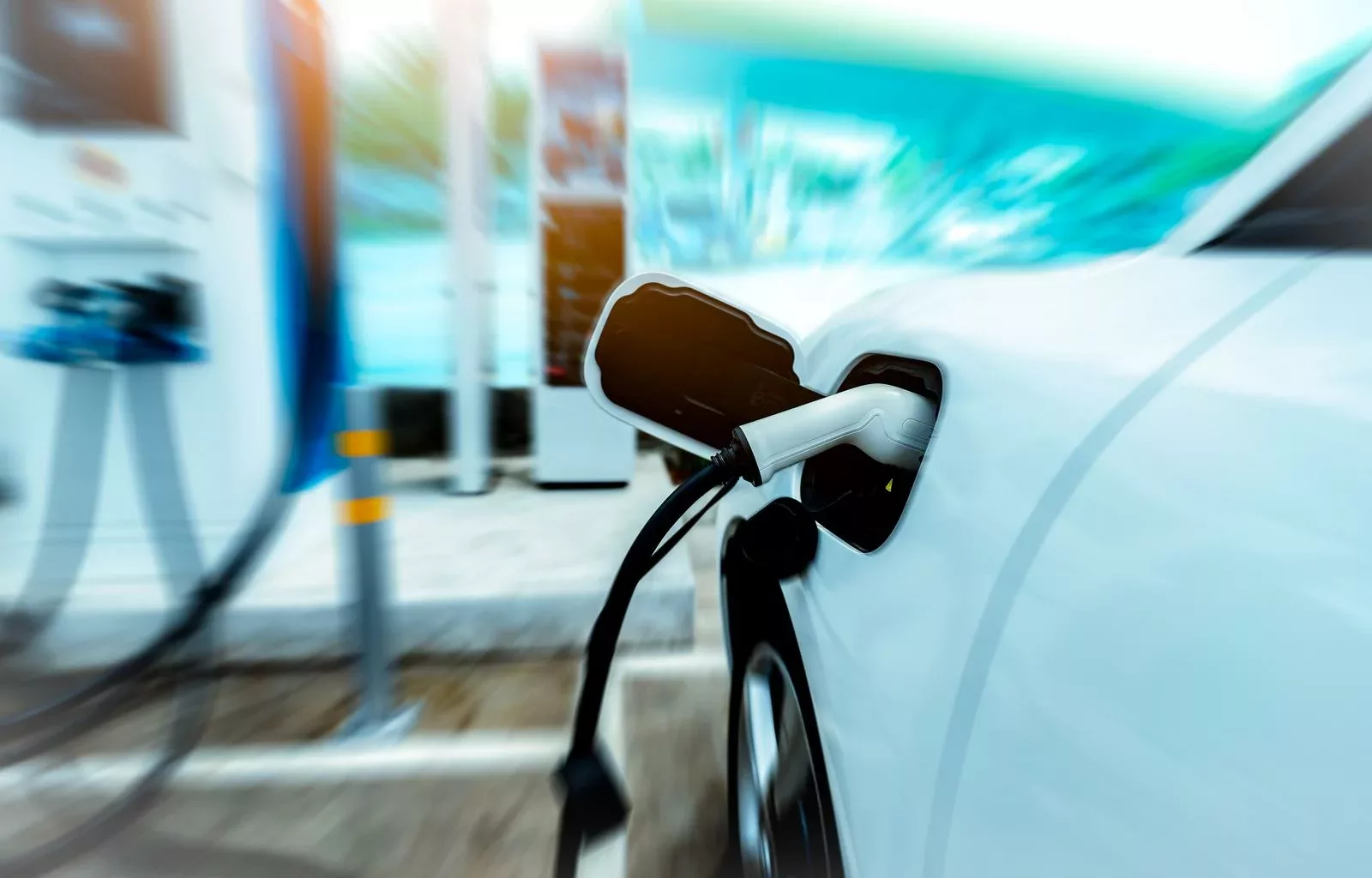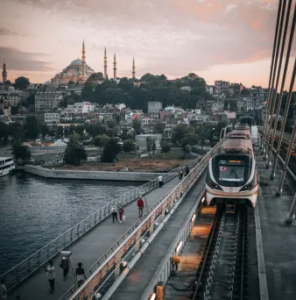Clean and eco mobility plays a critical role in reducing carbon emissions and mitigating transportation-related environmental impacts. While there are many potential advantages, there are also some concerns standing in the way of widespread deployment, around infrastructure, renewable energy and the environmental footprint of EV battery production.
The webinar hosted by ERTICO on 16 May was the second of three in a series focussing on the main themes of the 30th ITS World Congress in Dubai this September. In this webinar, “Navigating the challenges of clean and eco mobility”, experts from Australia, United States, the European Commission, Turkey and the UAE highlighted solutions that are being introduced to examine and quantify the challenges, and then look at solutions on how they are to achieve environmental targets through collaboration.
ERTICO’s Senior Manager of Clean Mobility, Jean-Charles Pandazis chaired the session and began by asking how we can know our planned solutions will bring the anticipated benefit. He introduced Erik van Vulpen, Deputy Director, Centre for Technology Infusion at Australia’s La Trobe University who explained the importance of making sure clean mobility solutions are accessible mobility solutions to ensure nobody is left out of future transport networks. Explaining that “accessibility is only as good as the weakest link,” he discussed a project he had been working on around the accessibility of EV charging stations. Mr van Vulpen is drawing up an end user-driven approach to development, involving every step from the initial plan to charge, getting to and parking at the charger, moving around the site and making payment. “Bringing that all together takes a team of people. Not just the operators, not just the equipment, not just the council, but they all need to collaborate to then deliver that end user experience.”
The next case study came from the US state of Pennsilvania, where Leslie S. Richards – CEO and General Manager of the Southeastern Pennsylvania Transportation Authority, explained the organisation’s steps to move to cleaner buses. They are using everything from solar farm and rooftop solar installations to hydrogen and hybrid solutions to deliver a fully zero-emission fleet by 2040. She also highlighted the importance of collaboration. “It’s only through universal collaboration and commitment to change that we can ensure a greener future for our communities and our world.”
The European Commission’s Deputy Head of Unit Sustainable and Intelligent Transport at DG MOVE, Axel Volkery, reiterated the requirement for transport across the continent to reduce emissions by 80 per cent by 2040. This will be through the use of zero-emission vehicles and a rollout of recharging and refuelling infrastructure and strengthening rail transport while decarbonising the aviation and maritime sectors. He discussed the “Fit for 55” package around emissions trading, updated targets and stricter CO2 performance for cars and vans and made a commitment to invest in solutions: “We have a huge fund with the recovery and resilient facility – over €700 billion – which we are using up to 37 per cent of to fight climate change. We have other instruments ensuring that this transition is just – that we consider social aspects that particularly low income households and enterprises that are vulnerable to transport poverty can be supported in this transition.”
As the proportion of the world’s population living in cities continues to grow, Dr Emrah Kinav, who is R&D and Innovation Management Expert at Ford Otosan in Turkey, explained how he is working to design and deliver cost-effective and user-centric small EVs for clean urban mobility. “We suggest a new mobility concept – minimum mobility – which has less energy consumption per kilometre, which makes it more eco-friendly and sustainable,” he explained, while being “more affordable, causing less congestion and needing shorter charging times”.
The many advancements in clean mobility in the ITS World Congress’s host city for 2024, Dubai, were then outlined by the Emirate’s Director of Planning and Business Development at the Roads and Transport Authority, Adel Shakri. He discussed the key innovations to grow EVs, around battery technology, wireless charging and autonomy, and outlined Dubai’s plan to reach Net Zero through electrification of taxis and limousines, as well as public and school buses. “I think one of the main things we need to focus on in the next few years will be the public-private partnership,” he commented, “Especially with the energy companies – how to come and build a new business model to support all the stakeholders.”
All these speakers will be attending and presenting at the ITS World Congress in Dubai from 16 to 20 September. An early-bird rate for delegate passes is available until 15 June at itsworldcongress.com.
You can watch on the ERTICO YouTube channel by clicking here.
The next webinar of this series will be on 27 June, focusing Automated Mobility.
(Picture – Yay Images)
























